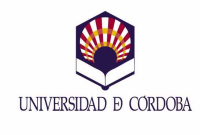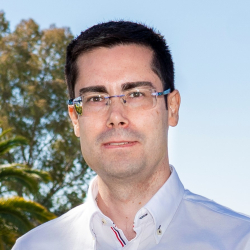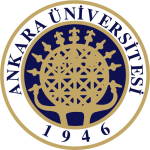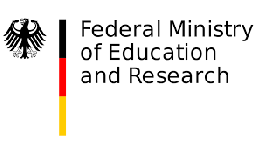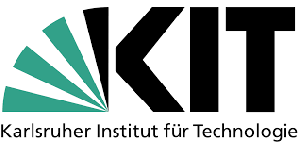ABOUT US




The vegetable sector is key in the development of the Mediterranean region, providing employment and economic-social benefits to the region. However, in terms of sustainability, the vegetable supply chain is linked to the largest amount of food loss and food waste. Studies reports that each additional day of accessible shelf-life can reduce food waste by 5%. Furthermore, vegetables pose the highest microbial risk since they are consumed fresh or minimally processed, without a full effective lethal treatment that can guarantee the complete removal of pathogenic microorganisms. The proposal aims to develop an integrated, innovative, and eco-friendly approach to assess optimal shelf-life and minimize food losses of strawberries and tomatoes produced in the Mediterranean region, by combining bio-preservation technologies, food modelling and Food Cloud tools. The technological solutions will be imbued by a sustainable and circular view, making use and valorising Mediterranean agri-food residues to develop natural preservation systems (i.e. functionalized lignocellulose nanofibres, bio-active compounds and bio-protective cultures) that will be applied to extend shelf-life and provide safer and fresher products to consumers. Food Cloud tools will be developed to monitor shelf-life dynamics in real time and automatic manner, which will be a breakthrough in the vegetable sector, creating a knowledge base as first step to introduce a dynamic shelf-life date in the food chain management systems. The system built on IoT will bridge the gap between modelling research and innovative and food stakeholders from food suppliers to retailer making them accessible to a broader community, including consumers. The scientific results will be shared to a large group of producers and retailers via participant networks. In the last quarter of the project a field validation of the technologies will be performed including all project partners and third parties interested in the project.
